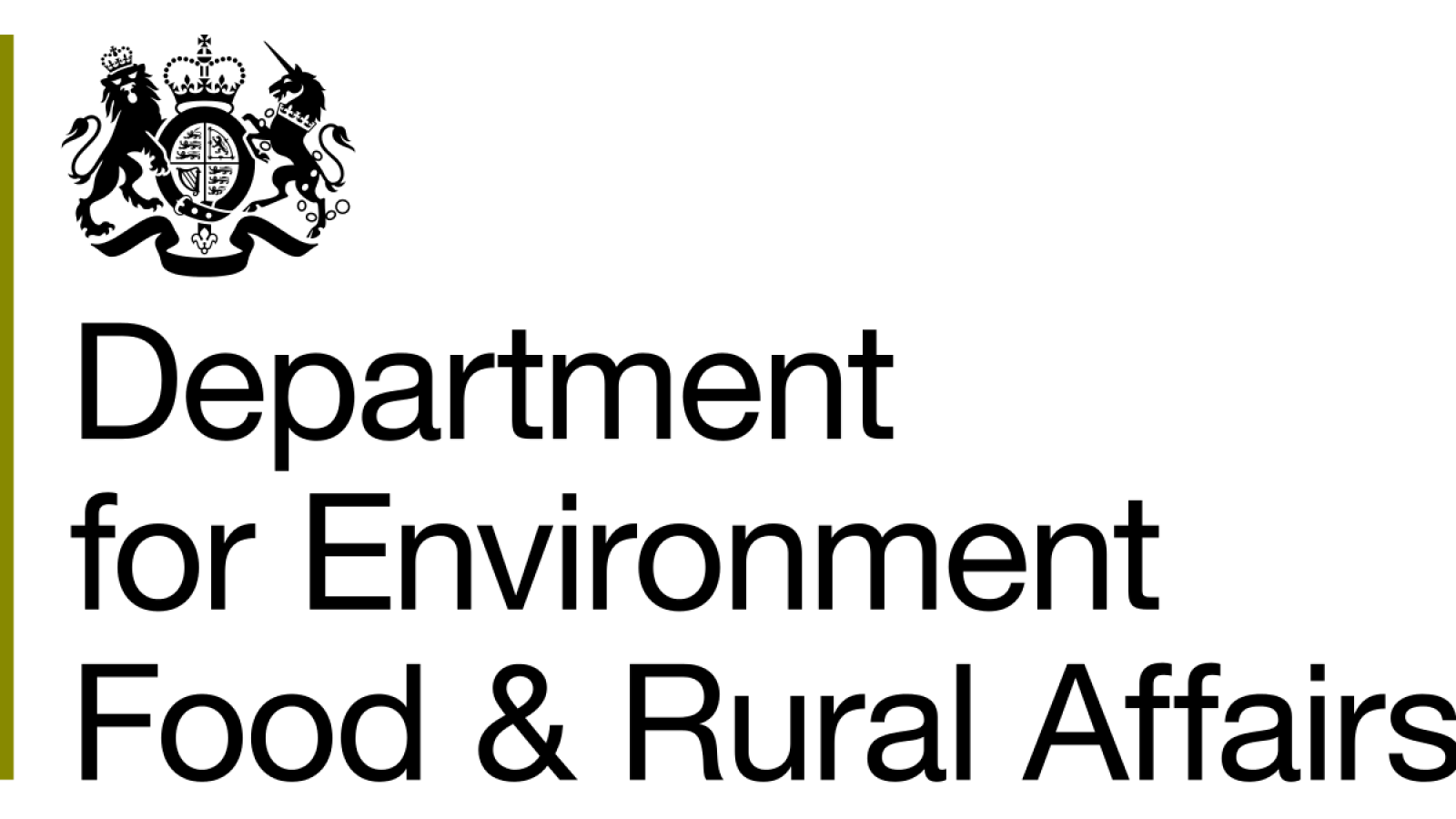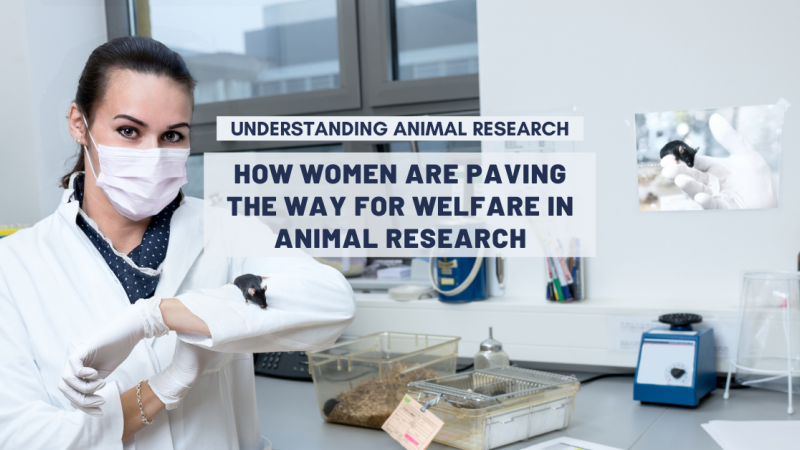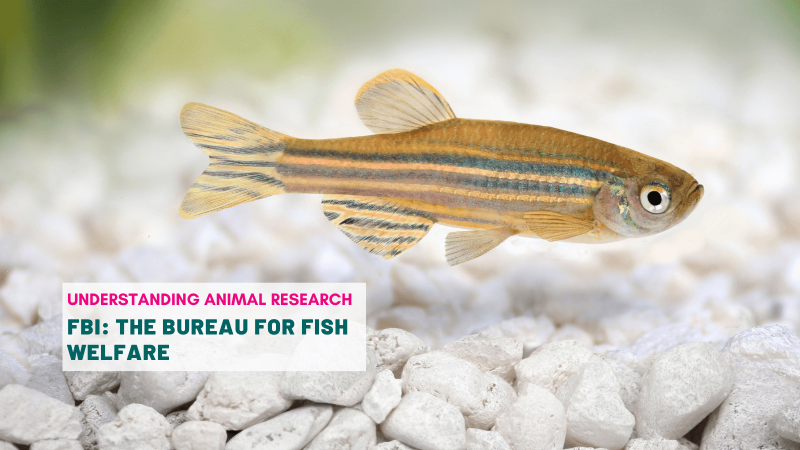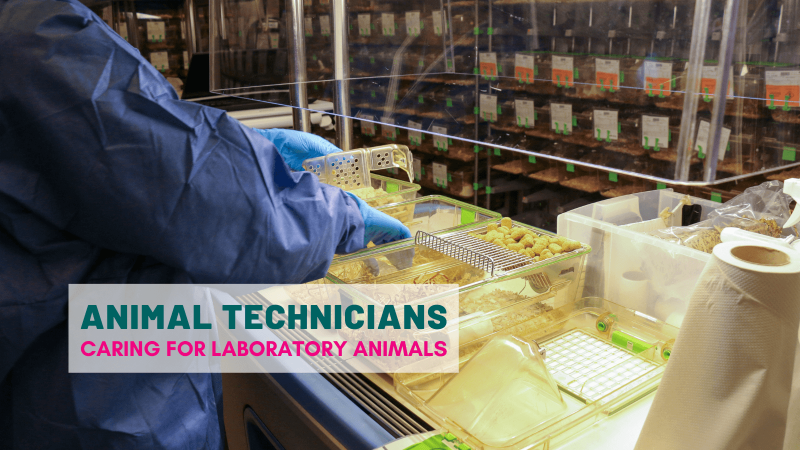In January 2018 policy organisations from the life-science sector were asked to contribute to DEFRA’s consultation on the animal sentience bill.
A Green amendment to the Brexit bill, proposed to allow for the omission of Article 13 of the Lisbon treaty was voted down by parliament in November 2017. Article 13 recognises animal sentience, but could not be directly copied because of its legal context and references to other EU legislation. The down-vote was made on a basis that existing UK legislation on animal welfare already recognises animal sentience sufficiently.
News of the vote, positioned by the media in terms of Brexit and potential down-grading of animal welfare law became the most viral politics story of 2017 across social media. Headlines claimed that the vote had directly concerned whether animals were sentient and able to experience pain or emotion, and the resulting public outcry at a perceived lack of governmental interest in animal welfare led to the proposal of a draft bill to specifically recognise animal sentience.
The draft animal welfare bill is now being considered by DEFRA, and UAR along with other stakeholders, has submitted a response to the two inquiries that will help to formulate the new legislation. Stakeholders were asked to propose definitions for ‘sentience’, ‘animal’ and ‘welfare’, for use in the draft bill. They were also asked to comment on the scope of the bill, the overall approach and on a proposal to increase maximum prison sentences for animal cruelty.
UAR feels that ‘sentience’, ‘animal’ and ‘welfare’ all need to be clearly defined within the new bill for legal clarity and to prevent conflict with existing legislation such as ASPA.
Our proposed definitions, submitted to the inquiry were:
Sentience: the ability of an animal not only to attempt to escape from an adverse environment, but also to learn to take informed decisions based on its environment and, if treated adversely, to demonstrate adverse physiological changes and behavioural suffering.
Animal: All vertebrates and any other species of the kingdom Animalia demonstrated to be sentient (as defined above).
Animal Welfare Needs: The requirement to provide the Five Freedoms for all animals held under human control, whether permanently or transiently, excepting those already governed by existing animal welfare legislation; and to kill all animals humanely according to, or equivalent to, current legislation and government guidance.
Additionally we feel that without restricting the scope of the new bill to specific sectors there is great potential for unforeseen consequences, and that the new bill should take full account of and be compatible with existing legislation; formally replacing it if necessary.
Regarding the overall approach we commented that while animal sentience and the welfare of farm, pet, laboratory and wild animals is of great public concern, the extent of the existing regulations that protect these animals are poorly understood by the public as a whole. The new bill provides an opportunity to ensure that there are no gaps, but care should be taken to avoid unexpected consequences of broad policies or the misinterpretation of animal behaviours.
UAR’s full response to the DEFRA consultation can be viewed here.
Last edited: 8 March 2022 10:09




